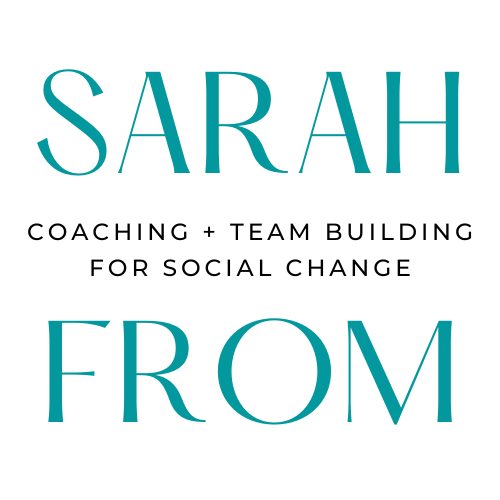 My former boss used to talk about the wonderful feeling brought about by "found time." Found time is when you unexpectedly gain free time -- because of a cancelled meeting or a postponed lunch date -- and get to decide how to use it. As over-scheduled as most of us are, a few hours of found time can feel pretty luxurious.
My former boss used to talk about the wonderful feeling brought about by "found time." Found time is when you unexpectedly gain free time -- because of a cancelled meeting or a postponed lunch date -- and get to decide how to use it. As over-scheduled as most of us are, a few hours of found time can feel pretty luxurious.
Much of the East Coast is getting some found time this week in the form of a snow day (or three). Why not make the most of it? While I wouldn't suggest doing ALL of these things in one day -- after all, you should relax -- I guarantee that taking on two or three of these activities will make you feel more energetic and accomplished than, say, a whole day spent watching HGTV (ahem).
- Do one task you've been putting off. Crossing something off your list will feel so good, you might even be inspired to do something else. For me, this will be finding out how to change the address on my driver's license. I moved two years ago, so I expect that finally doing this will feel pretty good!
- Plan your charitable giving for the coming year. Many of us only make donations at the end of the calendar year or when disaster motivates us to give. But nonprofits need our generosity year-round for the work they do day in and day out. Think about how much you are able to donate this year, and consider donating now or in installments over the course of the year.
- Pick a small area to declutter. What space in your environment aggravates you, embarrasses you, or slows you down? It could be your desk drawer or your sock drawer, the pile on the kitchen table or that black hole where you toss instruction manuals. Pick a manageable area that you can declutter in an hour or less, and get it done.
- Check in with your New Year's resolutions. It's February: how are those resolutions going? It's okay to refine your resolutions or drop one altogether. Just be intentional about it! If you did any end-of-year reflection, revisit your notes from that process. What's changed already since 2010 began?
- Do a brain dump. When was the last time you got everything off your mind? Sit down for 15 minutes and write down everything that is taking up your attention right now - from upcoming birthdays to grocery lists to the broken dining room chair. Then, identify the next action needed on each item, and put it in your trusted system (a sure-fire process brought to you by David Allen).
- Create something. Make soup from scratch, build a shelf, assemble homemade Valentines, crochet a scarf for your dog. There is little as satisfying as creating something from start to finish in one sitting. Short projects provide instant gratification and don't hang over your head like that sweater you started knitting two years ago.
- Set a date. Not to get married (though a blizzard engagement would make a nice story) but to get together with that person you've been meaning to see. Look at your calendar, find three dates that would work for lunch or for coffee, and suggest to that long-neglected colleague/cousin/college buddy that you finally get some face-time.
- Write down ideas for how you'd like to use your next block of found time and put your list in a find-able place.
Bonus activity: Subscribe to my blog, via the email box on the top right, or by pasting www.studentofchange.com in your feed reader of choice (I use Google Reader).
What are your favorite uses for found time? If you have a snow day today, how will you use it?




